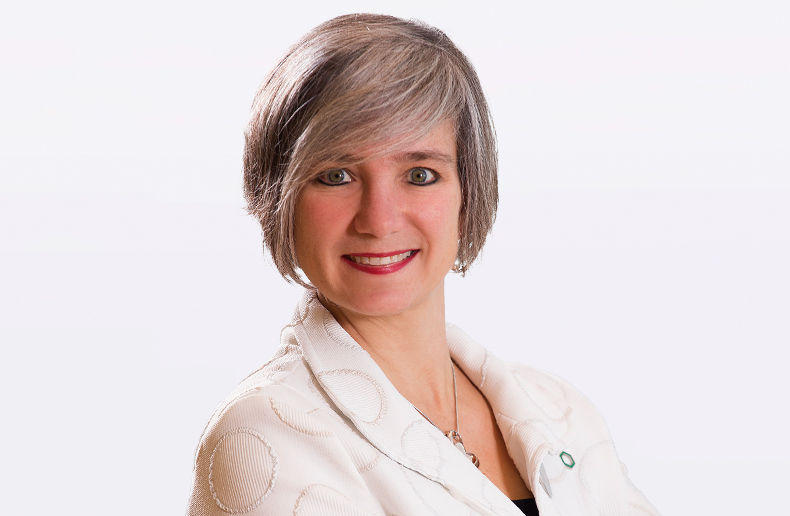Independent insurtechs challenging long-time business practices
By
Susan Yellin
|
Oct. 25, 2022, 10:34 a.m.

Photo: Freepik
They are embracing the views of younger generations to get the products and services they want faster and often, cheaper, said speakers at an innovation summit.
This article is reserved to PRO Level subscribers
Discover the PRO Level
Already subscribed? Sign in >
Advertisement
The most popular in Entrepreneurship
Make your business shine with Visibility360!
Get a PDF version to share in your networks.
I'm interestedHeadlines
Advertisement
Related topics …
















